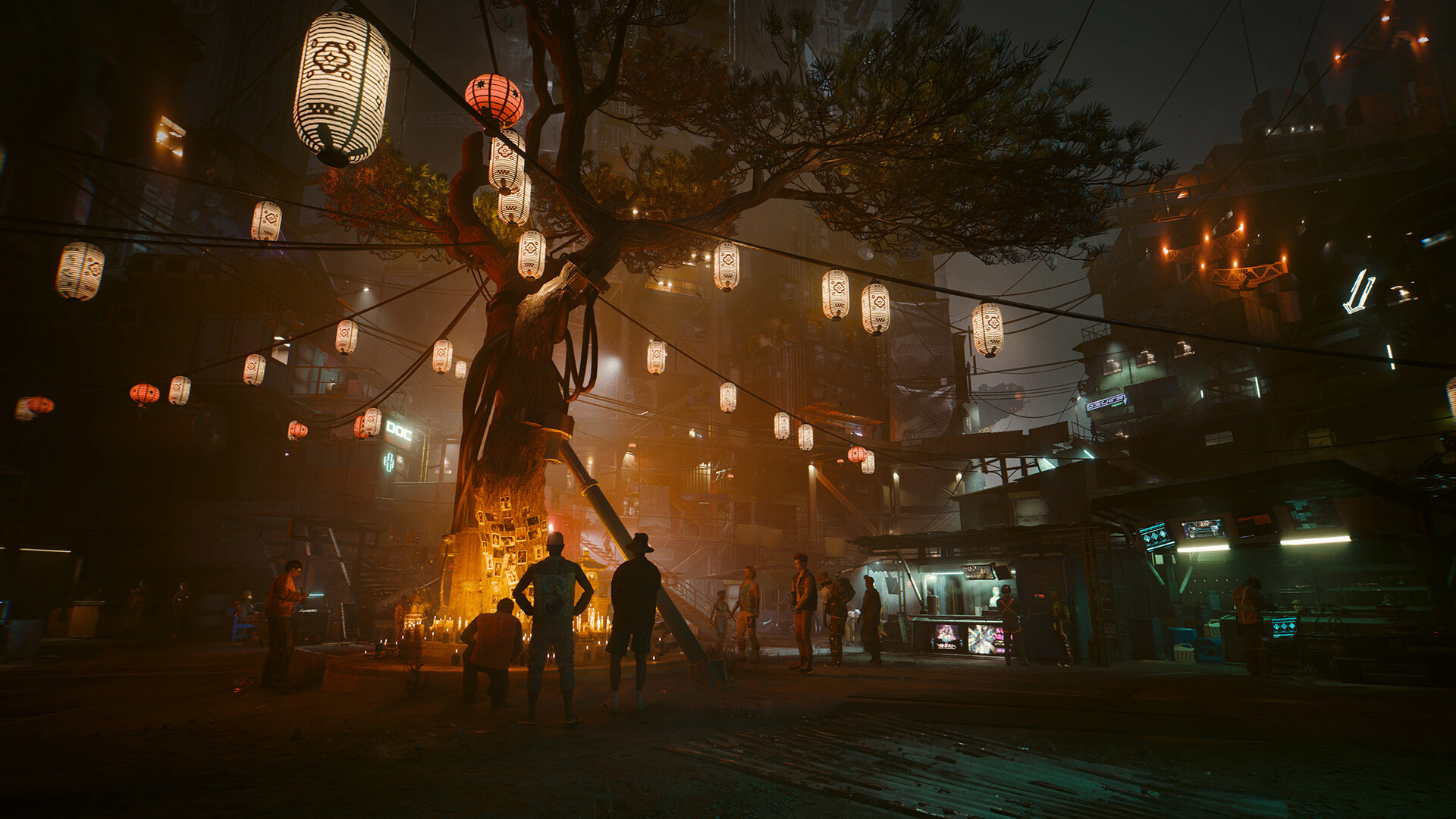You'd think CD Projekt RED would try to keep controversial stuff to a minimum withonly months to go before the launch of Phantom Liberty, the first and only premium expansion for Cyberpunk 2077. Except, that doesn't seem to be stopping the Polish video game developer from disclosing its plans to let go of nearly 100 employees, nearly a tenth of its total workforce.
According to the official blog post, this decision is part of a realignment process aiming to optimize the team size relative to ongoing projects and the company's broader strategy.
CEO Adam Kiciński commented on the layoffs, expressing the difficult reality the company finds itself overstaffed. "We've carefully assessed all teams in the company in terms of their expected contribution to the delivery of our strategy. We have talented people on board who are finishing their tasks and — based on current and expected project needs — we already know we don't have other opportunities for them in the next year," he elaborated.
Kiciński's statement echoed the growing concern for efficiency that has been reverberating in the gaming industry recently. The redundancies will occur gradually, with some employees not departing the company until early next year. The affected employees have been assured a comprehensive severance package and ample time to adjust to the impending change.

